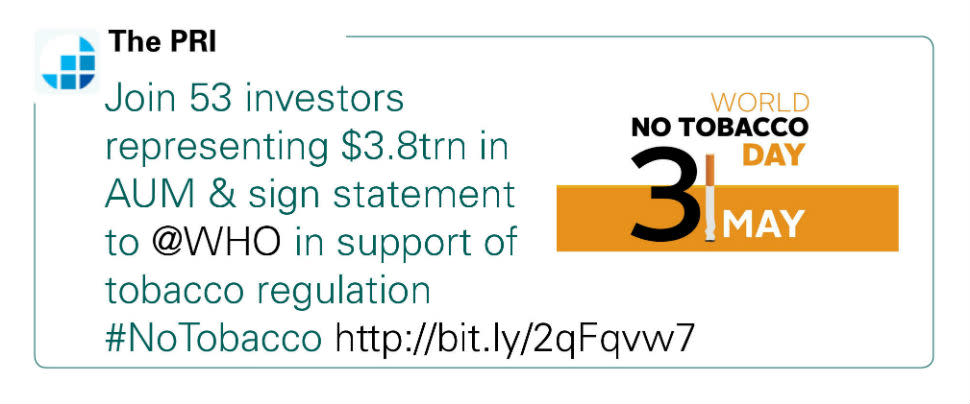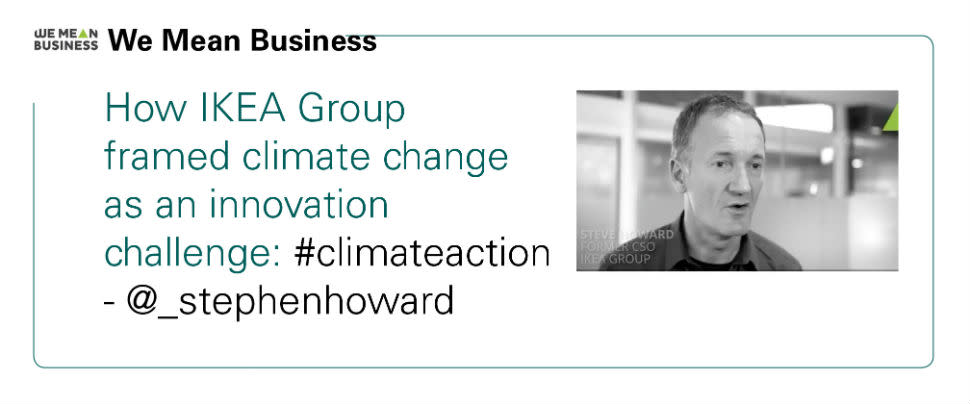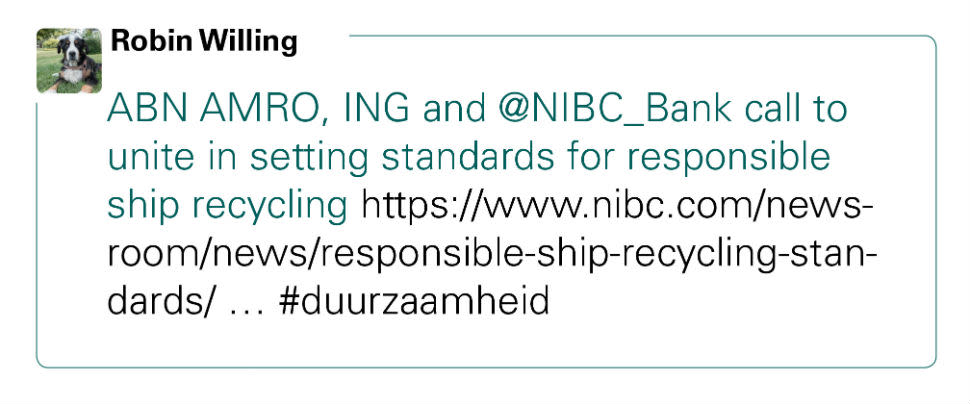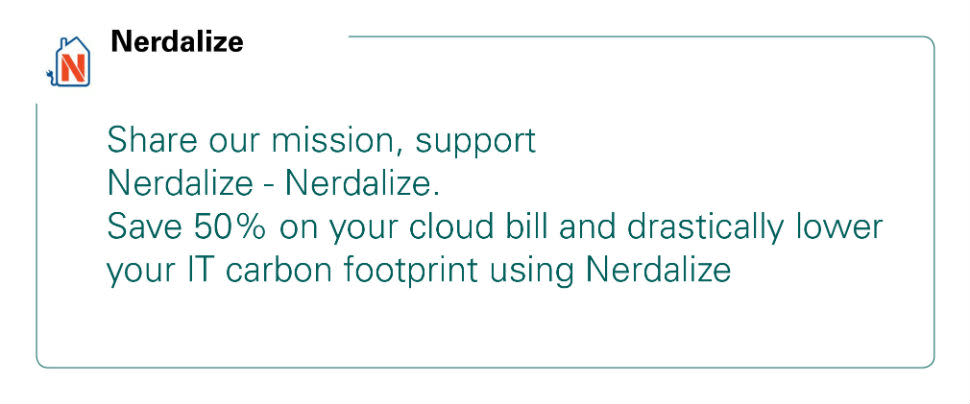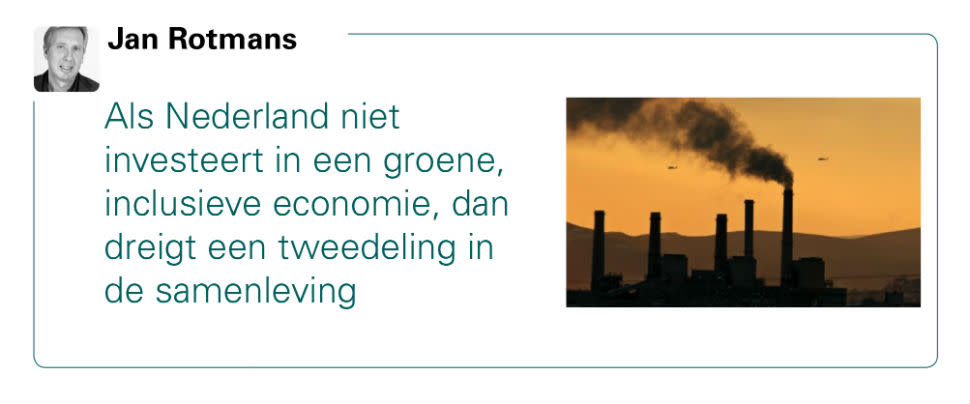Richard (re)tweets: “Leaving sustainability to specialists is certain death”


Richard Kooloos, Head of Sustainable Banking at ABN AMRO and registered tweeter, has pressed the tweet button more than 3,450 times in nearly 2,300 days. He shares what he thinks, does and sees in the world of sustainability. This is his selection of tweets from the past quarter.
In its capacity as a lender, ABN AMRO has officially turned its back on the tobacco industry. The bank won’t be accepting any new clients in the sector, and the services it provides to existing clients are being phased out. The move isn’t that surprising, since the social cost of smoking is enormous – many times greater, in fact, than the cost of alcohol use or the overconsumption of sugar.
ABN AMRO may have taken a firm position as a lender, but it still faces a dilemma when it comes to providing investment opportunities to its clients. At the moment, only those investors having chosen a sustainable mandate don’t invest in the highly profitable industry of tobacco, in which its traditional portfolios do still invest. The bank will eventually introduce a mechanism whereby investors can opt in, rather than opt out as they currently do, ensuring that their money is not invested in the tobacco industry unless they explicitly state their intention to the contrary.
While IKEA has long been committed to sustainability, it has only recently started to communicate more about its efforts in this area. Indeed, the company fully understands how to embed sustainability at the deepest level of an organisation. Not by leaving sustainability to one or two specialists, which would be certain death. The trick is to make every single employee responsible. Only then will it become a truly relevant, shared priority.
So how? By framing sustainability in different terms. IKEA, for example, equates sustainability with “innovation”. All of its updated products, for instance, must have a smaller footprint than the original iteration – just one of many “innovation challenges” the company has introduced. This technique of framing sustainability differently results in everyone getting on board. And if that works for your company, so much the better. When it comes to sustainability, it’s not why you’re involved but that you’re involved that matters.
ABN AMRO is teaming up with a number of other banks to make agreements with shipowners about what happens to their ships after they’ve been scrapped. Ideally, these ships should be dismantled at a dock where the proper standards are enforced. But if a ship does end up on a beach in Bangladesh to be recycled, we want all those involved to know exactly what hazardous materials are on board. That’s why each ship should be assigned a passport detailing all this important information.
The bank’s aim is to raise awareness among shipowners of the risks these ships pose and help them be accountable for their vessels, even decades after building them.
ABN AMRO hopes a number of Scandinavian actors will also join the alliance, ensuring that these standards quickly become the new normal. In any event, the bank’s current standpoint is that it will no longer provide financing solutions to shipowners who aren’t interested in entering into these agreements with us.
As far as ABN AMRO is concerned, however, this is just phase one. The bank looks forward to making future agreements with shipowners on other things, such as sailors’ rights.
Data centres produce a lot of heat, and cooling them takes an enormous amount of energy. Here at the bank, we’ve seen that tackling the cooling problem can result in huge savings. But a start-up in Delft called Nerdalize has come up with an even better idea. They’re actually installing the servers in people’s homes. The heat they generate is then used to provide hot water and cut their gas bills, ingeniously turning a negative into a positive.
I’m now on the list to try one out in my own home.
Granted, this solution probably won’t change the world, but for some homeowners, it may prove to be an ideal arrangement. And if tomorrow’s consumers can opt for a dozen smart, sustainable solutions like this one, the combined effect will mean we’re finally getting somewhere in terms of sustainability.
The promise of the circular economy is that it will eventually reduce our dependence on raw materials. Another benefit is that it will stimulate the local economy. New business models will allow us to work in different, more innovative ways. Just imagine, for instance, that instead of shelling out a couple of tenners every time you need a new printer, you subscribe to a printer service. That way, it’s in the interests of the party selling you the subscription to maintain and repair the equipment. But that also requires people locally who have the expertise to do these jobs.
In the clothing industry, for instance, we’re seeing that many manufacturers are no longer outsourcing their total production chains to Asia. By doing more here at home, they’re able to respond more quickly to market trends. Technology like 3D printing is making local production cost-efficient, whereas this used to be possible only in bulk in low-wage countries. In this way, the circular economy will generate lots of new jobs.
Companies that manage to translate circular principles to their own sector will not only be strengthening the Dutch economy, but they’ll also be helping to limit the social divide in our society.
